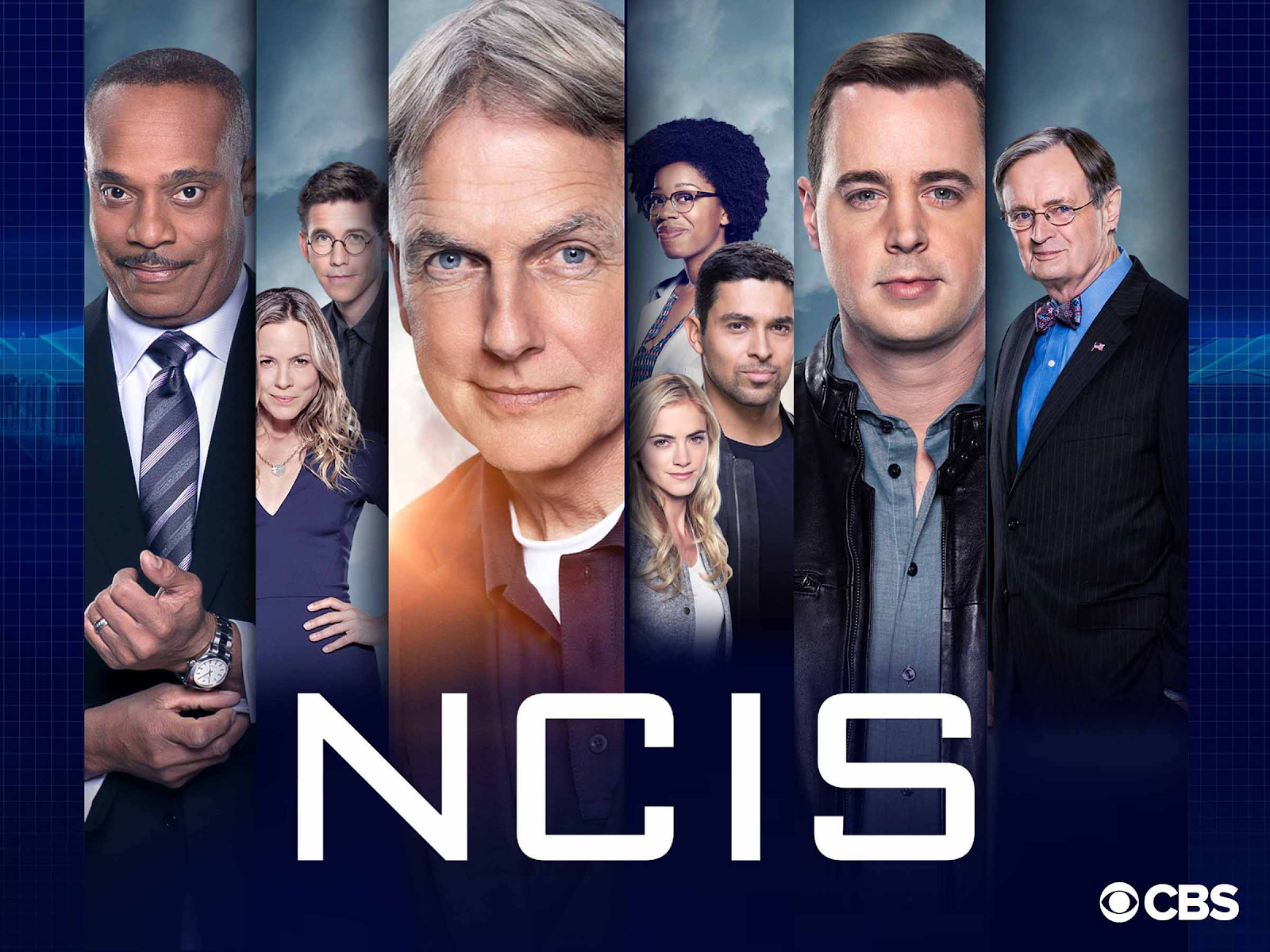Marxism and hegemony
Task 1: Mail Online review of Capital:
1) Re-read the Mail Online review of Capital. Why does it suggest that Capital features a left-wing ideology?
The cards simply said, ‘We want what you have’. But that concept went nowhere. The residents were bemused, but not scared. The police were clueless, but they still got to the bottom of it. And there wasn’t just a single perpetrator: the crime was handed from one cardboard character to the next. That’s not a whodunnit, it’s a cop-out.
2) Choose three quotes from the review that are particularly critical of Capital and paste them into your blogpost. Do you agree with the criticisms? Why?
I agree that the concept went nowhere due to the fact that it wasn't even revealed at the end who were writing these threatening post cards.
3) What scenes or characters from Capital could be read as promoting left-wing ideology?
You could argue that Petunia could be a form of left wing ideology as she appears to be more progressive than there husband used to be as she mentions that "Albert didn't quite like change" and when she accidentally says that Ahmed was an Indian she immediately apologises to him. You can also see that Quentina can be portrayed as a hard working individual despite not being to be legally allowed to work.
4) What about the other side of the argument - are there any aspects of Capital that reinforce right-wing or capitalist viewpoints?
Another argument you can mention is that Roger could appear to be more right winged as when he forgets his parking permit she just dismisses Quentina. Another moment you could possibly mention is when the police came over asking about the letters, he immediately put Quentina under the suspicion of the police.
Task 2: Media Factsheet - Applying Marxism:
Factsheet #66: Applying Marxism:
1) What does Marxism suggest regarding power in society?
He suggest that power was held by only a minority of people who had access to money and could use that money in place of power. He also mentioned how the majority of the population had only work and time in order to make a living making them more inferior to the one with more money.
2) Why is The Apprentice a good example of the media reinforcing capitalist values and ideologies?
The idea of the apprentice is a "prolonged job interview where contestants compete against each other to be chosen for a job working for the entrepreneur Lord Alan Sugar" This shows that Alan appears to be the one in power as people are competing against each other just to work for him, you can further see this as he is described as the "capitalist elite".
3) Come up with two examples of media texts (e.g. TV programmes, newspapers etc.) that either fetishise working class life (e.g. EastEnders presents quite a harmonious East End community which probably doesn't accurately reflect East London life) or demonise working class life or poor people (e.g. The Daily Mail and The Sun newspapers regularly demonise people living on benefits with headlines referring to 'scroungers'.) Explain what meanings these texts communicate to their audiences.
When making a Marxist reading of a text, look out for representations that:
- show the values of the power elite as beneficial to the mass
- show queries or challenges to the base as meaningless, foolish or anti-social via ‘failed revolt’
- show the subdominant position of the masses as a naturalised idea
- show the values of the power elite as ‘natural’ or ‘right’
- show that being a member of the mass is a good thing
- show the masses accepting the values of the power elite
- show the values of the power elite as being ‘for the good of the masses’ (even when unpleasant)
- We can see Roger with his money and job and how his house is big and how he mentions all of his other luxuries.
- We can see that Roger's bonus is £30K instead of his other higher valued bonus
- We can see this when Quentina goes to the church and makes a new friend in which they met in a very welcoming community.
- How Ahmed give the coriander for free to Arabella despite her having the money to pay for it

Comments
Post a Comment